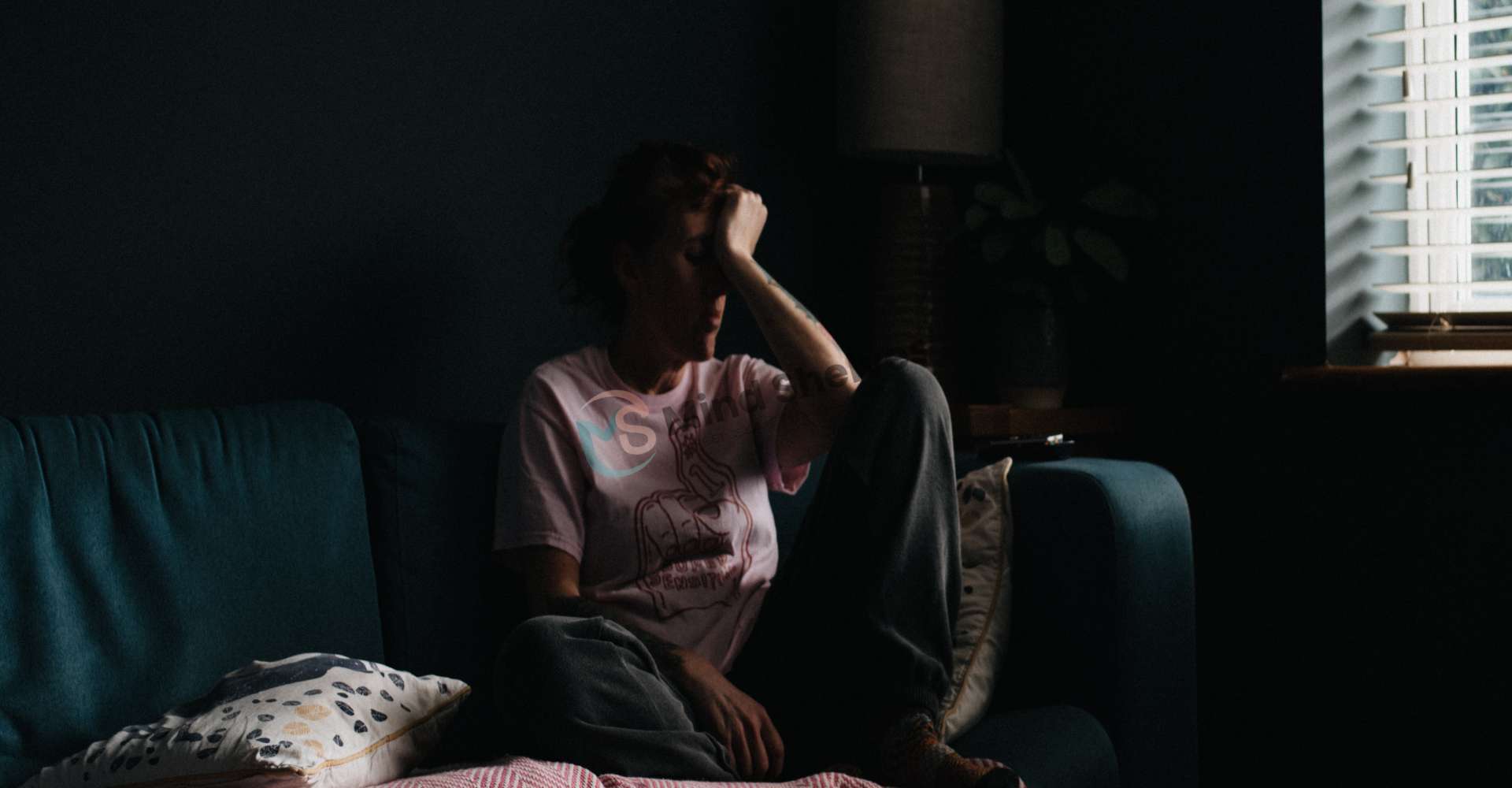![]()
Yes, it affects mental health. But, how does one know if they prefer to spend only “me time” or drift into social isolation zones? That is what we are going to cover in this guide.
It is not normal to constantly find reasons to avoid social gatherings and to cut back on plans for get-togethers with your friends or co-workers. However, it has nothing to do with personality – introvert, ambivert, or extrovert. Another angle of such a situation is that people have minimal or no tolerance for judgment or unnecessary drama.
But, social isolation can be a cause and symptom of mental health issues that have to be faced.
Understand the term Social Isolation better
Everyone likes to spend time with themselves and solitude is essential, but floating in solitude is a matter of discussion and consultation.

Most people who suffer from social isolation may not have a friend, co-worker, or someone who can open their hearts to someone who makes them feel sad or lonely. This can result in anxiety issues and low self-esteem. Below are some of the symptoms that can be considered red alerts of harmful social isolation.
- Frequent cancellation of plans and finding relief from spending time alone
- Finding it difficult to connect or socialize with people
- Taking little or no interest in social activities
- Spending most of the time alone or with selected people
- Reducing social interactions that the person previously enjoyed
- Hiding feelings or emotions from others
We are not saying that if you can mark all the symptoms for yourself, you should take medicine or consult. Instead, we can suggest meditation, reading positive books, communicating with people, and putting in a little effort every day to burst the bubble of social isolation.
“Alone time is when I distance myself from the voices of the world so I can hear my own” – Oprah Winfrey
Things can change if you have a better attitude. When we asked 10 people who prefer isolation over social gatherings, they replied that they are tired of people’s unnecessary questions, decisions, and interruptions in their lives that cause them to avoid social life and live alone.
Causes of Social Isolation
Besides the fear of judgment or interruption, there may be many more reasons to share with you.
- If someone loses a loved one or a family member, it can isolate them from the world.
- If someone is suffering from anxiety, depression, rejection, or low self-esteem, it can lead to isolation.
- If you are working remotely or living away from home
- If you are very much used to social media and you are living an imaginary life.
- If you have been unemployed for a long time or have failed the exam, this can also be a reason.
- In the case of physical disability or obesity, people prefer to be alone at home.
- People in abusive relationships may choose to remain socially isolated.
Mental Health and Social Isolation
Social isolation can be the cause of a mental health problem or people feel socially isolated because of a mental health problem. After all, it can be a cause or symptom of a mental health problem simultaneously.
Humans are social creatures that need communication and connection to move in time. While we communicate with others, we are not just sharing any experiences or stories, we are actually connecting with that person. When one chooses to isolate himself from the world, he/she becomes at risk of depression or anxiety issues.
One study found that social isolation can impair cognitive function and cause negative effects on personality.
Overcome social isolation
Don’t just sit in despair and find comfort in solitude. Since self-time or solitude is important but one must know the balance ratio. There is a stage in everyone’s life when he wants to be away from people, and the mind from himself. But, it will not be helpful in the long run. Connecting and networking with people is extremely important for progress in life mentally, financially, socially, and psychologically. It only increases your knowledge and gives you a chance to learn something from others to incorporate into your life.
- Build social connections, but be sure to prioritize quality over quantity. Schedule time to connect with friends or coworkers who are good for your mental health.
- Get involved in the activities that you enjoy the most. If you enjoy dancing, singing, or any other activity, enroll yourself. According to research, group singing promotes mental health.
- Keep yourself physically active as it can improve your mood and control the chances of depression or anxiety. It improves your mental activities and makes you feel good.
- Don’t hesitate to ask for help. Connect with friends, family, or a health professional whenever you feel lonely or isolated.
Ending up,
Life is too short to sit in a corner of your house, if you want to learn something then explore the world. Social isolation is unhealthy for your mental abilities, so keep yourself active as much as you can. But yes, keep your time short to connect with yourself, it will help you understand yourself better.














